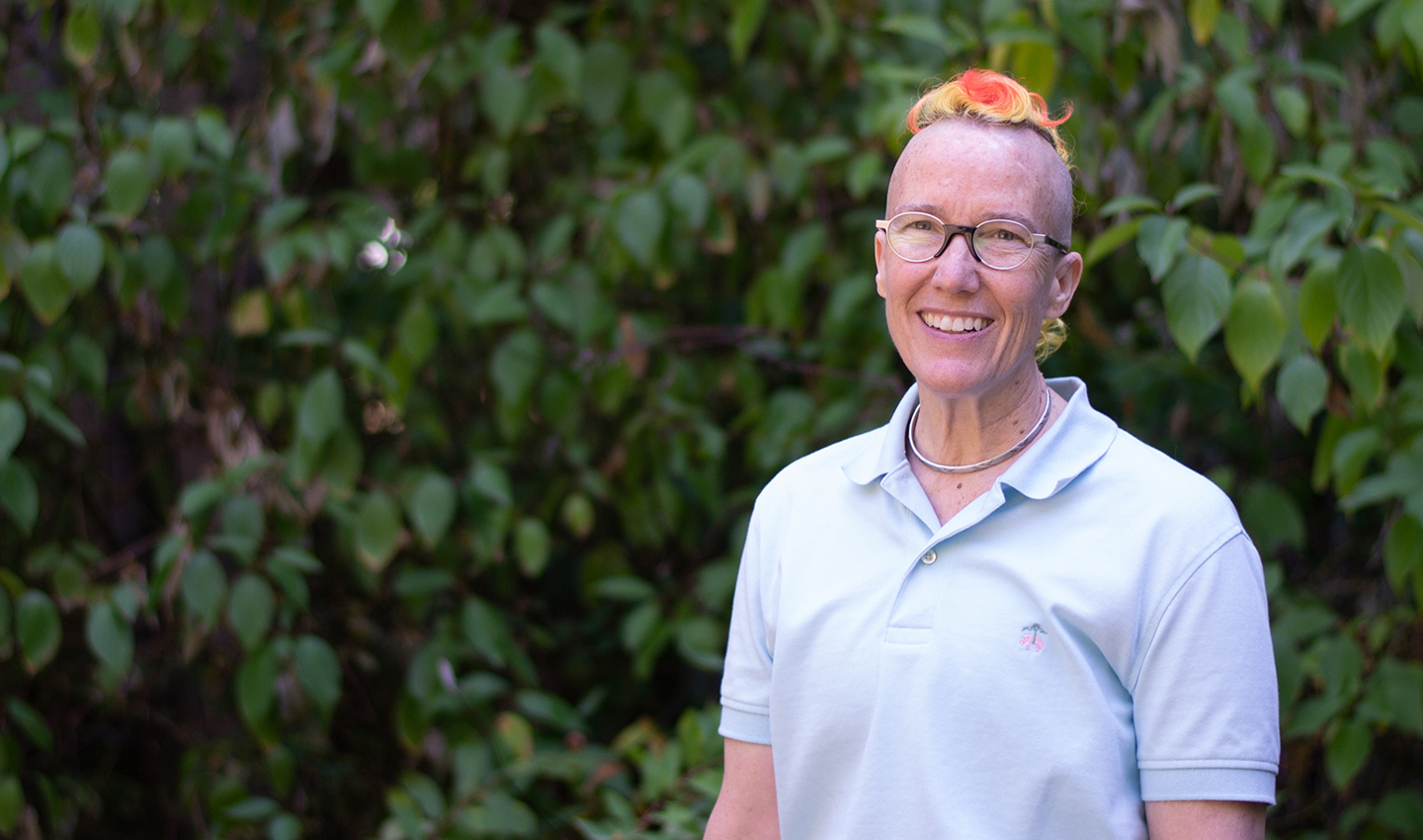Online dating companies eHarmony and Christian Mingle — two of the most popular websites for Christian singles — initially refused to offer same-sex matchmaking, conceding only after settling separate lawsuits.
Even then, the companies did so grudgingly: eHarmony created a separate site called Compatible Partners, and Christian Mingle allowed users to view same-gender profiles but wouldn’t identify who else was seeking gay users.
How have these companies evolved their approaches to same-sex matchmaking? What does this mean for LGBTQ+ Christians looking for lasting relationships? What about people who may not fit easily into the categories offered by dating sites?
“The message many of my LGBTQ+ Christian participants have received is that they will never be loved, let alone marry. When they experience this, it can be very traumatic for some of them.”
These are questions asked by Mx King, a University of Washington Information School doctoral candidate. King is doing their dissertation on the experiences that LGBTQ+ Christians have with these sites and others.
“The message many of my LGBTQ+ Christian participants have received is that they will never be loved, let alone marry,” King said. “When they experience this, it can be very traumatic for some of them.”
King won a $25,000 Dissertation Fellowship award to complete their research through the Louisville Institute, which funds religious study. King, who taught a popular course on online dating last spring when the pandemic forced remote learning, will continue to teach this coming year at the UW.
King wrestled with bridging religious studies, queer theory and internet research on dating apps to find the underappreciated, overlooked angle for this project, said Anna Lauren Hoffmann, an iSchool assistant professor and one of King’s academic advisers in the Ph.D. program.
“It's the strength of their work and ideas in the proposal that landed them something like the Louisville dissertation fellowship and wowed and impressed their iSchool colleagues and their (supervisory) committee,” Hoffmann said.
King’s own experiences will inform the project. They are a queer Christian who met their wife, Paloma, on OkCupid.
It was in college at the New York Institute of Technology where King had their first queer relationship. They later transferred to the Ohio State University where they became involved with Campus Crusade for Christ and converted to conservative Christianity.
After college, they took a job in Santa Cruz, California, working as a technical writer for a tech company, intending to eventually go on a religious mission. King met their now former husband, a Unix programmer, at the company.
“The joke was that he was trying to convert me to Unix and I was trying to convert him to Christianity,” King said.
The couple married in the 1990s, moved to the Seattle area and raised four daughters. King worked in freelance technical writing while continuing their education, earning a master’s in ministry leadership in 2011 from Portland Seminary. King earned another master’s in comparative religion in 2015 at the UW Jackson School of International Studies.
At the UW, King took a queer-studies course: “I finally had language for myself to describe myself as a queer person.” It prompted long talks with their husband on walks to their bus stop. The couple divorced in 2016.
King also discovered the iSchool at the UW. The focus on studying information, technology and people intrigued King.
“I could study gender and religion from an information science perspective,” King said. “With my background as a tech writer and an undergrad degree in communication focusing on computer science, I was like, ‘Oh my gosh, this is perfect.’”
In their dissertation, King plans to study several dating apps, but the focus is on the user experience and how it creates meaning for gender and sexuality. They are talking with about 20 people, with 10 of those participating in a self-study of their dating app usage. One participant is building his own dating app for the LGBTQ+ Christian community, called Believr.
King hopes their work will inform dating-app developers to incorporate more inclusive practices. They also hope that it will influence Christians, many whom are fearful of people with gender, sexual and relationship diversities outside of the Christian norm.
Or, as King recalled from what they were taught as a conservative Christian, “All men should be like this, and all women should be like this.”
“It's very homogenized and doesn't respect the beauty and the diversity of humanity that God created,” King said. “My hope is that my research will be used for positive change in both of those domains.”
King is recruiting participants for their research study. Learn how to get involved.
